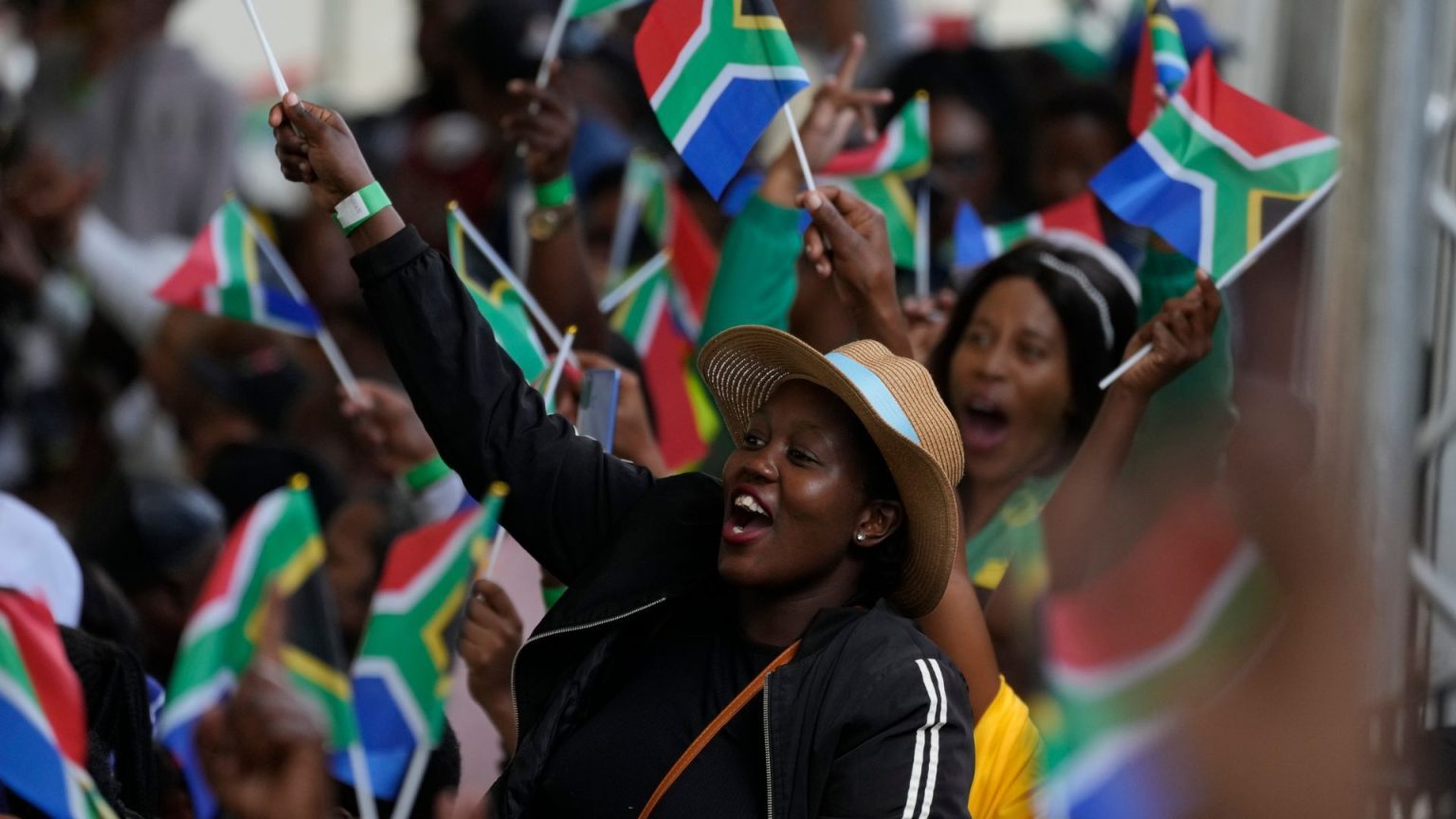South Africa is observing the 30th anniversary of its first democratic election, a day now known as Freedom Day that marked a significant turning point for the country. In 1994, after years of segregation and white-minority rule, Black South Africans were able to vote for the first time, heralding a new era of hope and promise. However, as the country reflects on three decades of democracy, many are finding little reason to celebrate. Hope has given way to disappointment and scepticism as the ruling African National Congress (ANC) faces accusations of failing to deliver on its pledges and being embroiled in corruption scandals. Despite the end of apartheid, South Africa continues to grapple with high unemployment, widespread crime, and persistent race-based inequality.
The ANC, which has been in power since the dawn of democracy, is facing mounting criticism for its perceived failures and shortcomings. As the country struggles with various socio-economic challenges, questions are being raised about the ANC’s ability to fulfill its promises and effectively govern the nation. Unemployment rates are soaring, crime remains rampant, and the gap between the affluent and the impoverished continues to widen. The ANC’s credibility and legitimacy are being called into question as South Africans demand accountability and tangible progress in addressing pressing issues.
The upcoming general elections are poised to be a pivotal moment for South Africa, with the possibility of the ruling party losing its majority for the first time in history. As the political landscape evolves and new voices emerge, there is a growing sense of discontent and disillusionment with the ANC’s leadership and performance. The electorate is increasingly vocal in its demands for change and a more responsive government that prioritizes the needs of all South Africans. The outcome of the elections is anticipated to shape the future trajectory of the country and determine the path towards meaningful reform and progress.
In the midst of these challenges and uncertainties, the 30th anniversary of South Africa’s first democratic election serves as a sobering reminder of the journey towards true freedom and equality. While progress has been made since the end of apartheid, there is still much work to be done in addressing deep-rooted issues of inequality, corruption, and social injustice. The legacy of apartheid continues to cast a long shadow over the nation, shaping its present realities and future prospects. As South Africa navigates the complexities of a changing political landscape, the need for unity, accountability, and sustainable development remains paramount.
Political analyst Melanie Verwoerd, founder of Democracy Works Foundation William Gumede, and activist and independent candidate Zackie Achmat offer valuable insights into the current state of affairs in South Africa and the challenges facing the country as it marks this significant milestone. Their perspectives shed light on the complexities of governance, the impact of corruption on society, and the role of activism in driving positive change. As South Africa grapples with the legacies of its past and works towards a more inclusive and equitable future, the voices of its people and leaders will be crucial in shaping the next chapter of the nation’s history. The 30th anniversary of Freedom Day serves as a moment for reflection, introspection, and renewed commitment to the ideals of democracy, justice, and progress. It is a time to assess how far South Africa has come and how much further it has to go in realizing the vision of a united and prosperous nation for all its citizens. With the upcoming elections on the horizon, the choices made by voters will have far-reaching implications for the trajectory of the country and the prospects of a better tomorrow.


